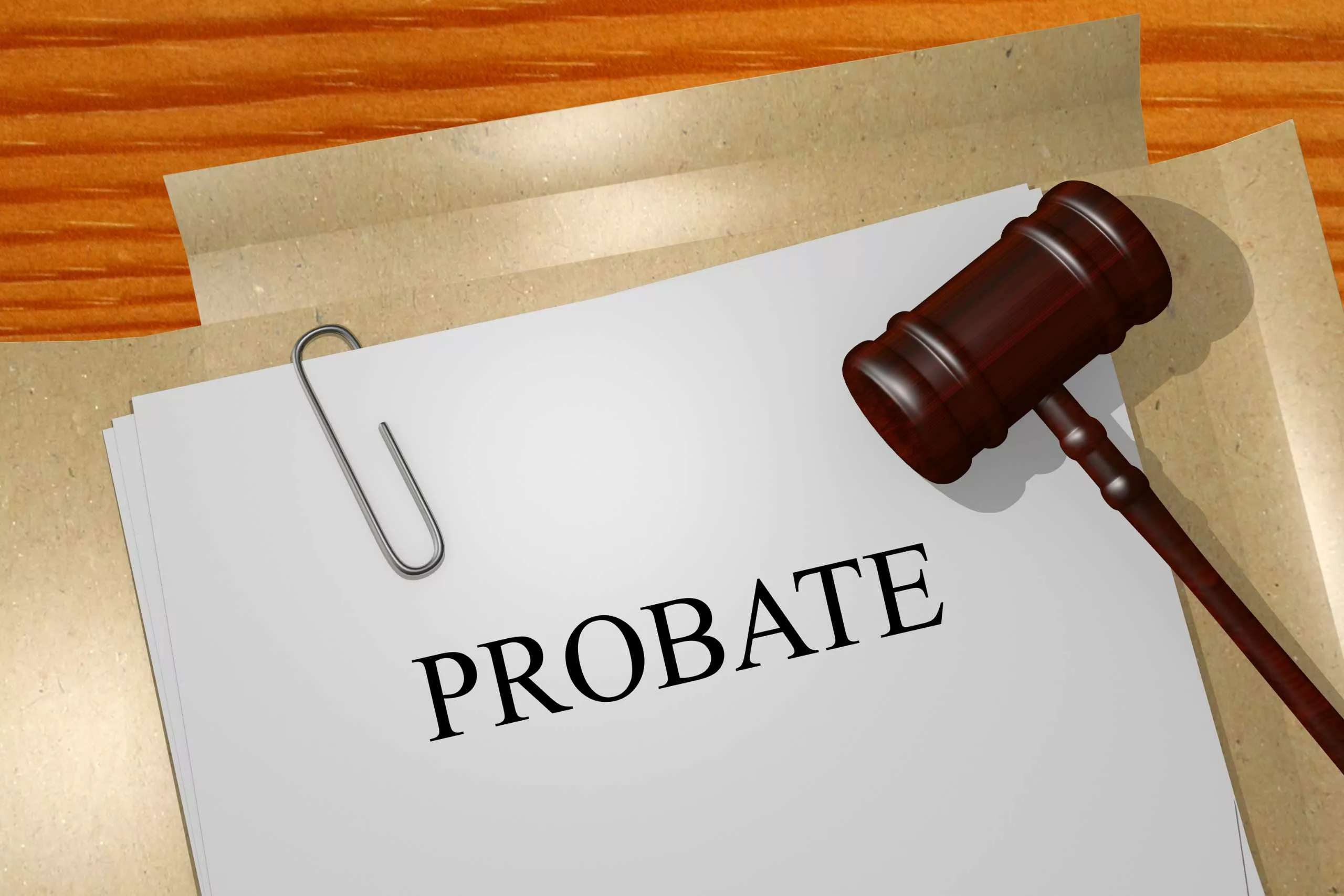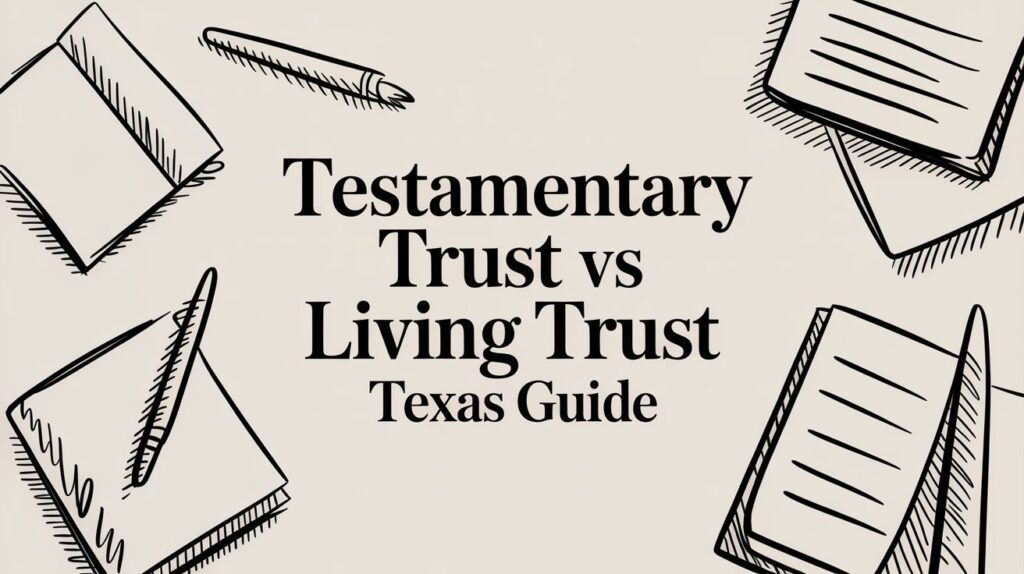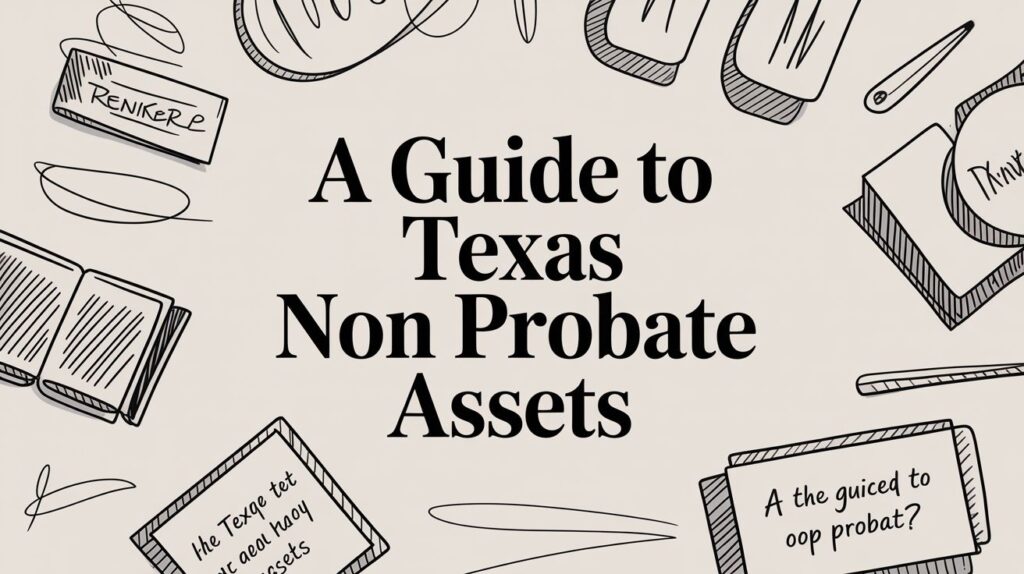If you’ve been wondering what Texas courts deal with probate matters quizlet-style, you’re not alone—and you’re asking the right question. Understanding the differences between statutory and constitutional county courts in Texas isn’t just for law students cramming for an exam. It’s vital for families navigating the probate process after the loss of a loved one. Knowing which court to file in can make or break your timeline, legal costs, and stress level.
In this article, we’ll dig into what Texas courts deal with probate matters quizlet-style—clear, accessible, and built for real-world understanding. Whether you’re the named executor in a will, a potential heir, or just trying to plan ahead, we’ll walk through the differences between statutory probate courts and constitutional county courts, how to know which one applies to your case, and how Texas handles probate at the county level. We’ll even throw in some courtroom stories and practical tips to bring the legal jargon down to earth.
Let’s start with the basics—what makes Texas unique in its court structure when it comes to probate?

Understanding the Texas Probate Court System
Before diving into what Texas courts deal with probate matters quizlet-style, it’s important to understand that Texas is one of the few states with a dual probate court structure. That means the type of court you’ll deal with depends heavily on the size of the county where the decedent (the deceased person) lived, and whether that county has established a specialized court.
In Texas, probate matters are generally handled by:
- Statutory Probate Courts (in larger counties)
- Constitutional County Courts (in smaller counties)
- County Courts at Law (in mid-sized or growing counties)
- District Courts (in rare cases, where jurisdiction overlaps or no other court is designated)
Confused yet? That’s okay. This is where real-life examples and side-by-side comparisons come in handy.
What Is a Statutory Probate Court?
Statutory probate courts are specialized courts created by the Texas Legislature and found in larger urban counties such as Harris, Dallas, Tarrant, and Travis. These courts exclusively handle probate matters. If you’re dealing with probate in a place like Houston or Austin, chances are you’re in a statutory probate court.
Features of Statutory Probate Courts
- Exclusive jurisdiction over probate, guardianship, and mental health cases.
- Judges are experienced in probate law and often have dedicated probate staff.
- Can handle complex estates, will contests, and trust litigation.
- Faster handling due to specialization and streamlined procedures.
So, if you’re studying what Texas courts deal with probate matters quizlet-style, remember this: statutory probate courts are where big-city probate cases go.
Real-Life Example: Probate in Harris County
When Maria’s father passed away in Houston (Harris County), she needed to probate his will. The will named her as executor, but a distant cousin contested it, claiming a newer will existed. Maria filed the case in Harris County’s Statutory Probate Court No. 2. The court not only admitted the original will to probate but also handled the will contest and oversaw the inventory process efficiently. Without a statutory court, Maria would’ve faced delays and a more complicated process in a general jurisdiction court.
What Are Constitutional County Courts?
Now let’s shift to smaller Texas counties—where there are no statutory probate courts. In these areas, constitutional county courts handle probate. These courts are created by the Texas Constitution and are presided over by the county judge—not always a judge with a law degree.
Characteristics of Constitutional County Courts
- Jurisdiction is limited to uncontested probate cases or simple administrations.
- The county judge may refer more complex cases to the county court at law or district court.
- In rural areas, probate can move slower due to limited staff and lack of specialization.
So, when thinking about what Texas courts deal with probate matters quizlet-style, remember: constitutional courts handle simple probate in smaller counties—think small-town Texas, not downtown Dallas.
Example: Probate in Blanco County
In Blanco County, John needed to probate his mother’s will. It was uncontested, with only one asset—a small home. He filed in the Constitutional County Court, and the county judge approved everything without a formal hearing. The process took a few months, but it was straightforward. Had the case involved a dispute, John would’ve been referred to a higher court.
Key Differences Between Statutory and Constitutional County Courts
To truly master what Texas courts deal with probate matters quizlet-style, it’s essential to understand how statutory and constitutional county courts differ across several key areas. Statutory probate courts are typically located in major metropolitan counties such as Harris, Travis, and Dallas. These courts are granted exclusive jurisdiction over probate matters, allowing them to handle everything from basic will admission to complex estate disputes. Judges in these courts are required to have legal experience, often specializing in probate law, which enables them to efficiently manage contested cases, fiduciary litigation, and guardianship matters with expertise. Because of this specialization, statutory probate courts are known for being streamlined, efficient, and better equipped for complicated estates.
On the other hand, constitutional county courts are generally found in rural and less populated Texas counties. Their jurisdiction is limited to simple, uncontested probate cases—such as admitting a straightforward will or appointing an executor when no disputes exist. These courts are presided over by county judges who may not have formal legal training, and more complex or contested cases are usually referred out to higher courts, such as county courts at law or district courts. As a result, probate proceedings in constitutional courts can be slower, with limited staff and resources, and less flexibility when complications arise.
If you’re prepping for a probate quiz—or dealing with an estate in real life—understanding these distinctions will help you make faster, smarter decisions and avoid unnecessary legal detours.
What If a County Has a County Court at Law?
In some counties, particularly fast-growing ones like Williamson or Fort Bend, there’s an additional option: the county court at law. These are statutory courts that can be given probate jurisdiction by the Legislature.
These courts often:
- Handle both uncontested and contested probate cases.
- Operate similarly to statutory probate courts but aren’t exclusive to probate.
- Are staffed by legally trained judges.

When researching what Texas courts deal with probate matters quizlet-style, don’t overlook county courts at law. They’re the hybrid court bridging small-town and big-city systems.
When Does a District Court Handle Probate?
In general, district courts are courts of general jurisdiction and don’t usually hear probate matters. However, they can handle probate issues when no statutory probate or county court at law is available, or when a case involves litigation beyond probate (like related property disputes or fiduciary misconduct lawsuits).
District court involvement is rare in probate—usually a last resort. But it’s important to know it exists, especially in counties with limited court resources.
Quizlet-Style Recap: Which Texas Courts Handle What?
For easy reference, here’s a simplified cheat sheet:
- Statutory Probate Court – For large counties, complex or contested cases.
- Constitutional County Court – For small counties, simple or uncontested cases.
- County Court at Law – For medium counties, may have broad or limited probate jurisdiction.
- District Court – Backup option for specific legal disputes or counties without specialized courts.
If you’re memorizing for a class—or dealing with a real-life estate—you now know what Texas courts deal with probate matters quizlet-style.
Filing Probate: Step-by-Step Based on Court Type
Let’s break it down further by walking through how the probate filing process changes depending on the type of court.
Filing in a Statutory Probate Court
- File Application to Probate Will
- Set Hearing Date with Clerk
- Appear before Judge or via affidavit
- Receive Letters Testamentary
- File Inventory, Appraisement, and List of Claims

Filing in a Constitutional County Court
- File Application
- Wait for the Required Notice Period
- Attend Short Hearing (if required)
- Receive Authorization to Act as Executor
- May be referred to district court if disputes arise
Even the timelines and paperwork requirements differ based on court type, so it’s crucial to match your strategy to the jurisdiction.
How to Find Out Which Court Has Jurisdiction
Not sure which court you’re supposed to file in? Here’s what to do:
- Look up the county of the decedent’s residence
- Visit the county clerk’s website
- Check if the county has a statutory probate court
- If not, see if there’s a county court at law with probate jurisdiction
Still unsure? A quick call to the probate clerk’s office will usually clarify things.
Why Probate Jurisdiction Matters More Than You Think
Choosing the wrong court won’t just delay your probate—it could invalidate your filings. Jurisdiction is not just a legal technicality; it’s the foundation of the entire probate process. A misstep here could stall inheritance, lead to contested hearings, or even legal sanctions.
Let’s say you file in a constitutional county court, but the case turns contested and the court lacks jurisdiction to resolve it. You’ll have to start over in a different court—doubling your time, cost, and stress. This kind of misdirection happens more often than you’d think, especially when executors try to navigate probate without legal guidance.
Knowing what Texas courts deal with probate matters quizlet-style could literally save you months of legal headaches. A little knowledge up front can prevent major delays down the line and protect the estate’s assets from being eroded by unnecessary legal fees.

Final Thoughts: Texas Probate Courts Aren’t One-Size-Fits-All
At the end of the day, probate in Texas isn’t a single system—it’s a patchwork of courts based on population, complexity, and legal tradition. That’s why it’s so important to understand the distinctions when asking what Texas courts deal with probate matters quizlet-style. Whether you’re dealing with statutory probate courts, constitutional county courts, or anything in between, the court you choose sets the tone for everything that follows.
So be prepared. Ask questions. And don’t assume probate is simple just because the will is. Knowing your courts—statutory vs. constitutional—puts you ten steps ahead before you even step foot in the courthouse.








